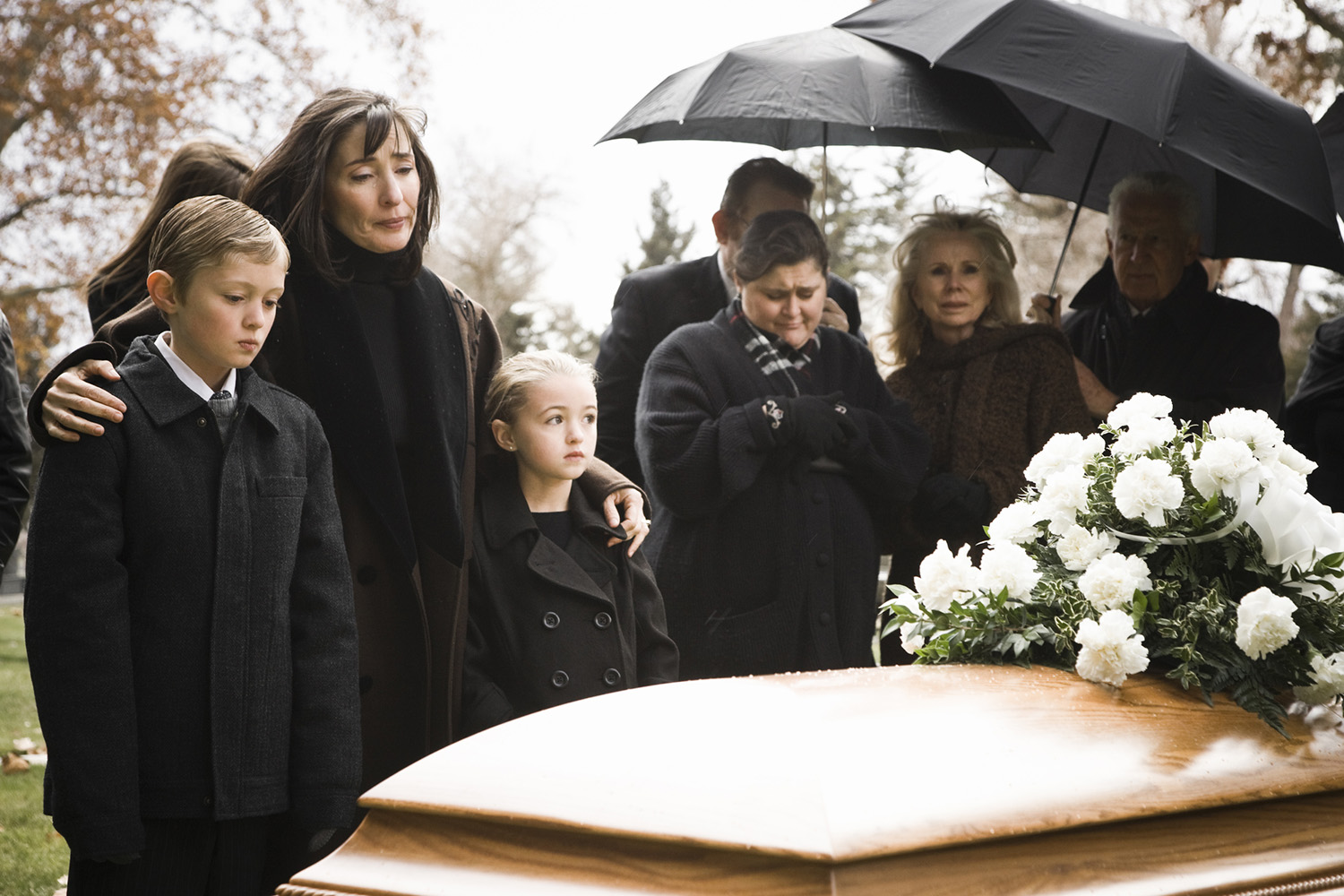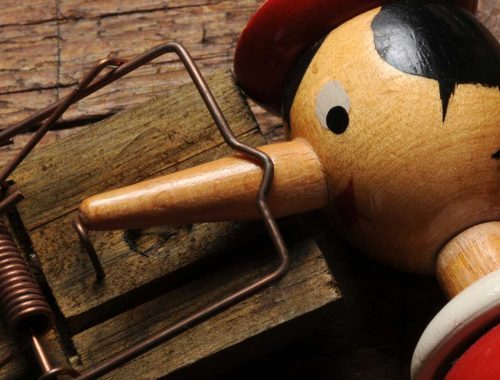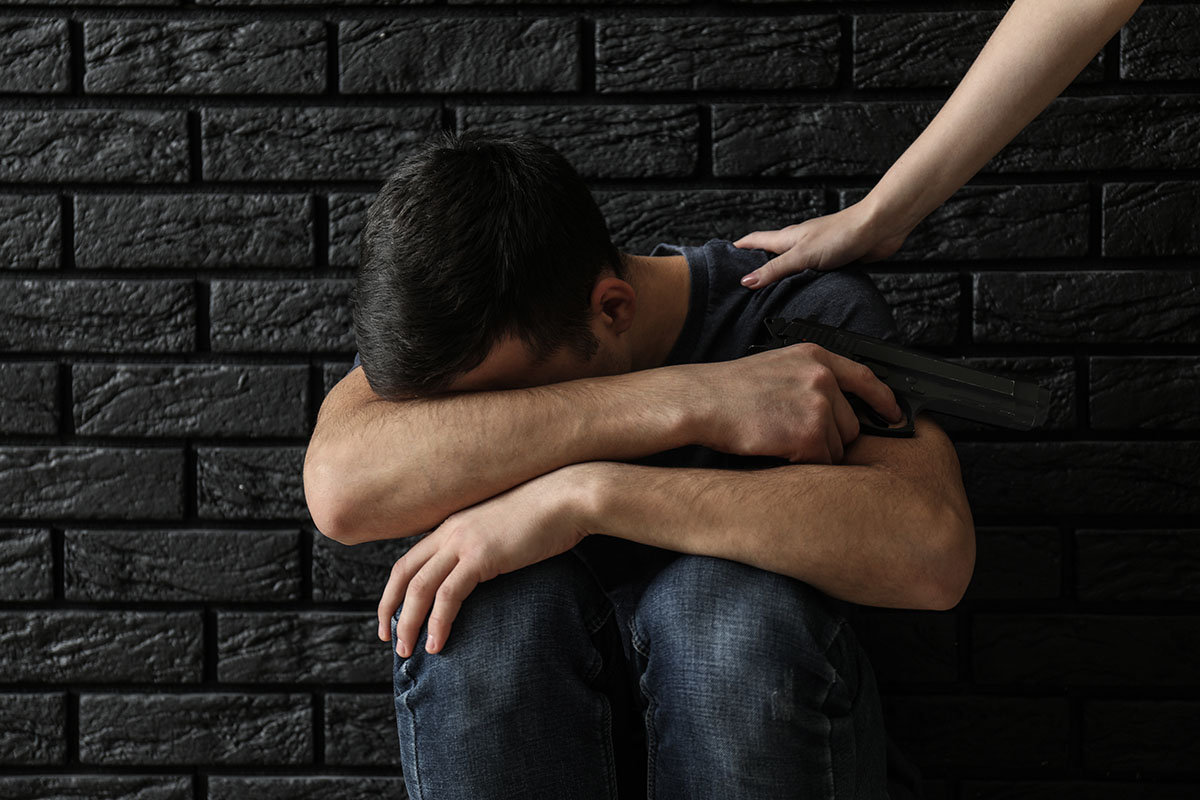
Coping With Grief And Bereavement
When a loved one dies, it can be very stressful. In addition to tips that the mourner can try out for himself, there are also contact points in many cities for those affected who cope with grief.
LIVING WITH DEATH – GRIEF AS WORK

Death is part of life. But it is just as difficult for us humans to come to terms with our own death as it is to come to terms with the death of relatives, partners and friends. One reason for this is that we, as social beings, are fundamentally dependent on ties in relationships. With the death of an important member of this network of relationships, our order system gets out of hand. We can neither suppress nor abbreviate grief but have to live through it consciously. However, there are a few ways to deal with the loss of a loved one that will help us shape the life after.
PHASES OF COPING WITH GRIEF
Four stages of grief
1. Denial
2. Emotionality
3. Return to everyday life
4. Acceptance
Grief usually has four phases. The first phase is characterized by the fact that the mourner denies the loss. They’re in shock and can’t see what really happened. It takes a while before they can accept what happened. Feelings determine the second phase of coping with grief. Here emotions such as anger or despair can suddenly break out and gain the upper hand. Many find it challenging to control these feelings. Little by little, many of the bereaved come back into everyday life, and although grief over death is still omnipresent, those affected can also enjoy small things again in this third phase. In the last stage, mourners accept the death of a close relative and are again in balance with themselves so that they can go about their everyday life largely unencumbered.
PATHOLOGICAL GRIEF POSSIBLE FOR YEARS
After about six months, symptoms of prolonged grief can be seen in some cases. This grief can be pathological. Affected people are sensitive, and you can easily break down in tears or scream. It can take up to five years for people to go through all stages of grief. Some mourners do not visit the grave at all or do so every day. Some fail to accept the death of their loved ones and withdraw from their social environment. Many of those affected feel guilty about this. Pathological grief can show up in different ways – behaviour therapy can help here. It aims to free mourners from feelings of guilt and to make it easier to say goodbye to the deceased.
WHAT CAN HELP YOU TO COPE WITH GRIEF?
In most cases, no prolonged or pathological grief affects those affected for years. However, if you notice that you are having difficulty coping with grief, there are a few tips that you can use to tackle this problem yourself. Small things are often enough to help you deal with death better. For example, keep a diary or a funeral diary in which you stick photos of the deceased. You can add anecdotes to it or write anything in it that you might not want to share with other people.
Nevertheless, it makes sense to stay in contact with other people to exchange ideas. In the best case, you will find interlocutors among friends. If you cannot find any words here, you can also go to a self-help group. Most people find it helpful to know that they are not alone in their experience.
GIVE YOURSELF ENOUGH TIME
Go out and don’t hole up at home. Get some fresh air and try to enjoy nature – this can also lift your mood. If you suffer from anorexia, you should still not go without food. Your body needs nutrients, especially in such difficult times. You must take time for your grief – even if your social environment may not allow this. You cannot compulsively accelerate the process of coping with grief. Do not allow yourself to be put under pressure from outside, but also accept help.
COPING WITH GRIEF IN CHILDREN
If a child loses a parent or sibling, talking to the child about what happened is not easy. Children may not immediately understand what exactly happened. Nevertheless, it is also clear to them that something is wrong. It should be signalled to the child that any idea of death, or where the deceased is then, is okay. The finality of death, however, should be conveyed. In these situations, it is imperative to answer questions that arise honestly. Self-help groups or groups for coping with grief for children can also help process what has been experienced.
You May Also Like

Tips to Overcome the Impostor Syndrome (Part One)
2022-09-15
Inside the Mind of A Pathological Liar – What Makes Them Tick?
2022-08-04


One Comment
Pingback: